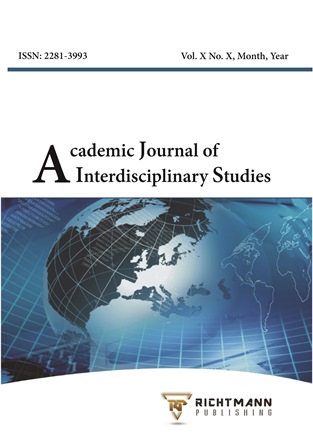Privacy vs Security: A Critical Review of Albanian Law and Citizen Rights
DOI:
https://doi.org/10.36941/ajis-2023-0128Keywords:
Albanian legislation, surveillance camera, privacy, security measures, crime detectionAbstract
The present study contends that the lack of an exhaustive legal framework regulating the installation, use, and storage of data obtained from surveillance cameras poses a threat to public order and society in Albania. While security cameras can aid in preventing crime and enhancing citizens’ safety, privacy concerns raised by surveillance must not be overlooked. Therefore, a balance between security and privacy should be set, and the legal regulations law must clearly define the purpose of the installation of cameras, delimiting security measures to accomplish their intended purpose. The actual main law for this area is titled “On Additional Measures for Public Security” and was passed by the Parliament on 2016. This law provides a good start for further progress if certain changes is specific areas of it can be changed. In the other hand, mere good intentions cannot serve as a justification for privacy violations and guidelines for the collection, storage, and use of data obtained from surveillance cameras must be established by this law or other regulatory means. This article highlights that the effectiveness of surveillance cameras in detecting crimes is limited, especially for those that are covert and sophisticated. As such, the law should provide clear instructions on the collection, storage, and utilization of data acquired through surveillance cameras to avoid unintended consequences and privacy violations. Ultimately, this research underscores the importance of balancing public safety with individual privacy rights in wiretapping and camera surveillance in Albania.
Received: 5 July 2023 / Accepted: 23 August 2023 / Published: 5 September 2023
Downloads
Downloads
Published
Issue
Section
License

This work is licensed under a Creative Commons Attribution-NonCommercial 4.0 International License.
This work is licensed under a Creative Commons Attribution-NonCommercial 4.0 International License.








